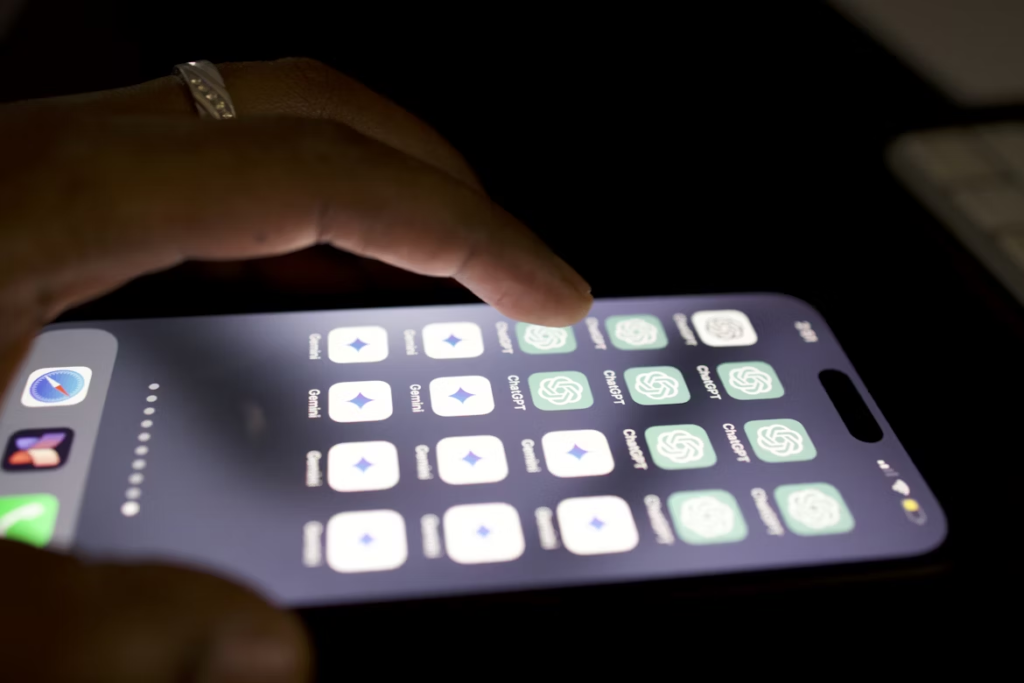Artificial intelligence (AI) continues to reshape industries across the globe, and ghostwriting is no exception. Ghostwriter experts, long relied upon for their ability to capture voices and craft compelling narratives, now face a future transformed by AI technology.
We believe this shift presents both exciting opportunities and noteworthy challenges for writing professionals.
AI’s Influence on Ghostwriting
AI writing tools have made significant strides in recent years. These advanced systems can generate human-like text, analyze vast amounts of data, and even mimic specific writing styles. For ghostwriters, this technological leap brings a mix of potential benefits and concerns.
We see several ways AI enhances the ghostwriting process:
- Research assistance: AI can quickly gather and summarize information from diverse sources, saving writers valuable time.
- Idea generation: AI tools offer prompts and outlines, sparking creativity when writers face blocks.
- Editing and proofreading: Advanced AI can catch errors and suggest improvements in grammar, style, and clarity.
- Productivity boost: AI-powered writing assistants help streamline the drafting process, allowing ghostwriters to produce content more efficiently.
While these advantages seem promising, we also recognize potential drawbacks:
- Originality concerns: Over-reliance on AI-generated content may lead to less unique and personal writing.
- Job market shifts: As AI capabilities grow, some clients may opt for AI-generated content over human ghostwriters.
- Skill erosion: Excessive use of AI tools could potentially dull a writer’s natural abilities over time.
- Ethical considerations: The use of AI in ghostwriting raises questions about authorship and transparency.
The Human Touch in an AI World

Despite AI’s advancements, we firmly believe human ghostwriters retain crucial advantages. Their ability to understand nuance, emotion, and complex context remains unmatched. Human writers excel at crafting truly original ideas and connecting with readers on a deeper level.
Professional ghostwriting services will likely mature enough to incorporate AI as a powerful tool rather than a replacement. We envision a future where skilled ghostwriters leverage AI to pique their work while maintaining the irreplaceable human elements that make their writing compelling.
Adapting to the AI Era
For ghostwriters to thrive in this changing industry, we recommend the following strategies:
- Develop niche expertise: Specialize in areas where human knowledge and experience are especially valuable.
- Offer a hybrid approach: Position yourself as an expert in combining AI-generated content with human creativity and refinement.
- Stay informed: Keep up with the latest developments in AI writing technology to adapt your skills and services accordingly.
The Best AI Writing Tools for Ghostwriters
We’ve explored various AI writing tools and found several stand out for their potential to assist ghostwriters:
- GPT-3 based platforms: These offer powerful language generation capabilities for various writing tasks.
- Grammarly: An advanced AI-powered editing tool that goes beyond basic grammar and spelling checks.
- Jasper: This AI writing assistant specializes in marketing and creative content generation.
- Sudowrite: Designed specifically for creative writers, this tool helps with story development and overcoming writer’s block.
- Writesonic: Offers a range of AI-powered writing features, including article outlines and content expansion.
These tools, when used judiciously, can significantly enhance a ghostwriter’s workflow and output quality.
The Future of Ghostwriting
We believe the future of ghostwriting lies in a symbiotic relationship between human creativity and AI assistance. Ghostwriters who adapt to this new reality will find themselves well-positioned to offer unique value in an increasingly AI-influenced market.
Clients will likely seek out ghostwriters who can skillfully blend AI-generated content with their own expertise, resulting in high-quality, original work that maintains a distinctly human touch.
AI is a disruptor, and that’s guaranteed. While it brings challenges, it also offers exciting possibilities for those willing to adapt and innovate. We encourage ghostwriters to view AI as a powerful ally rather than a threat. But if we embrace these new tools and focus on pure human strengths, ghostwriters can continue to thrive in an AI-enhanced future.
